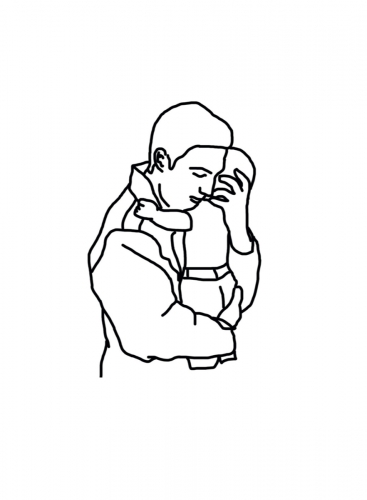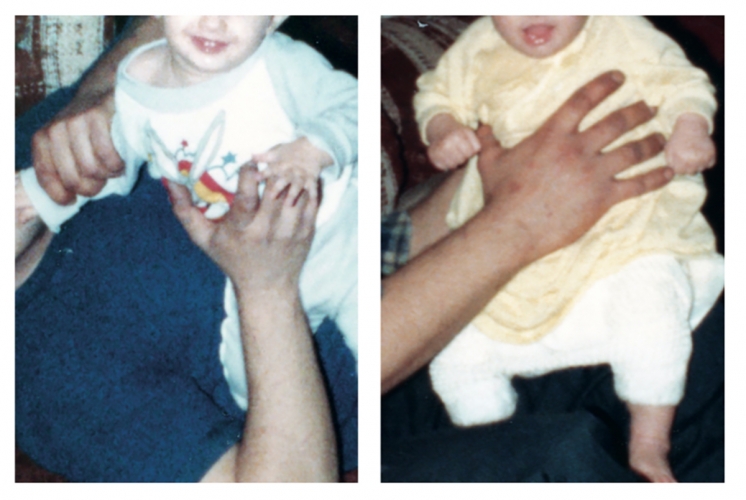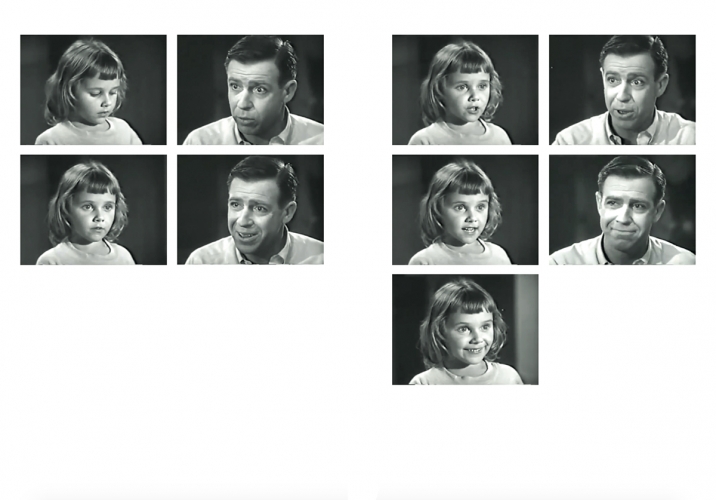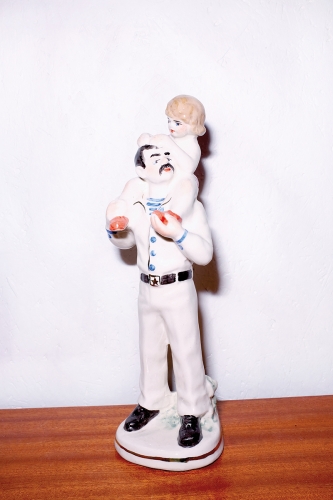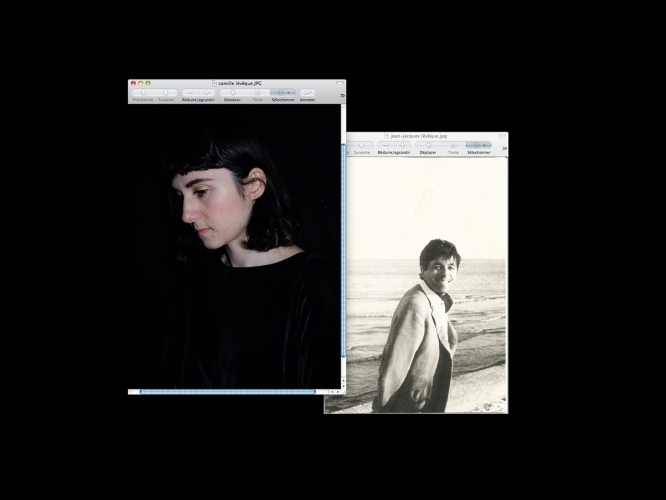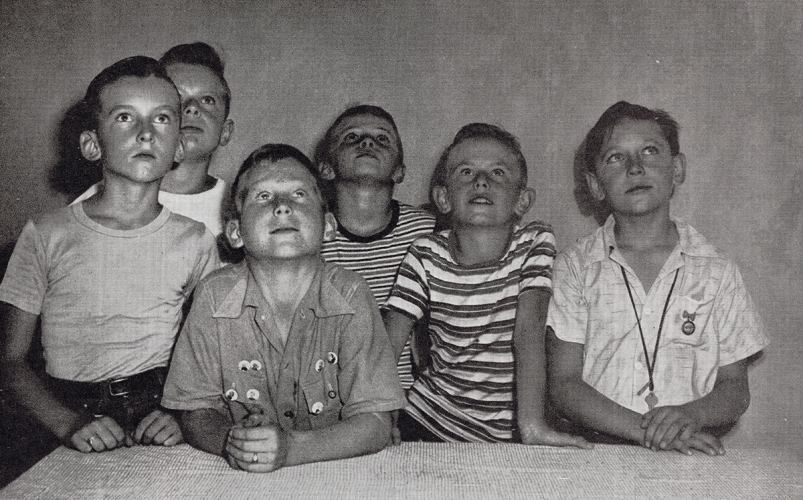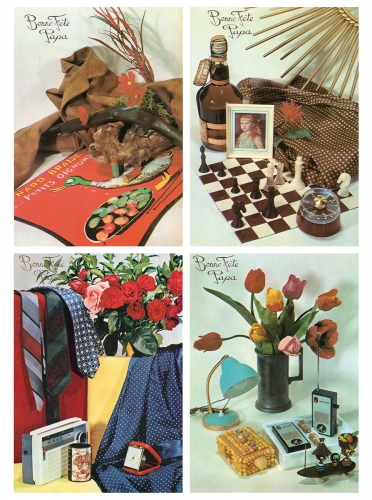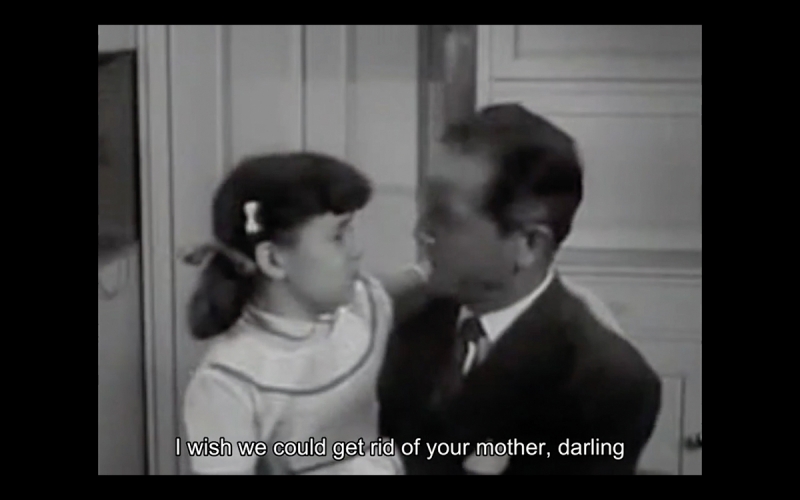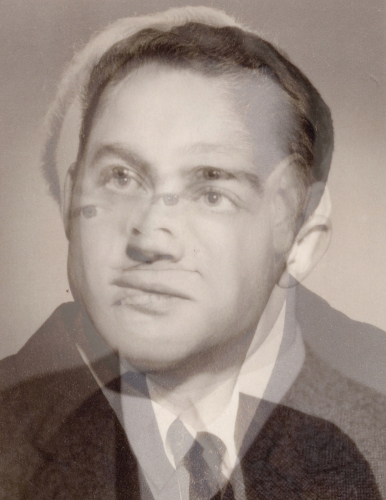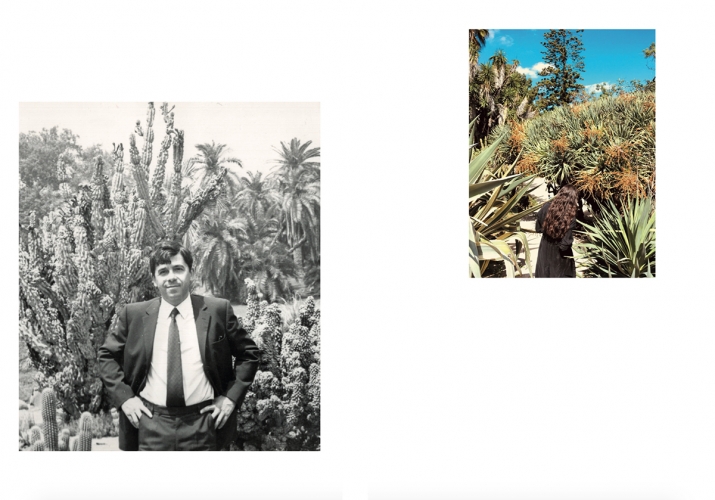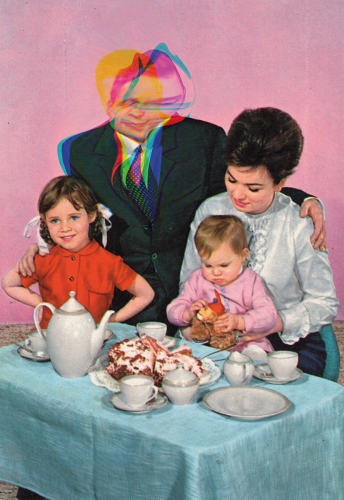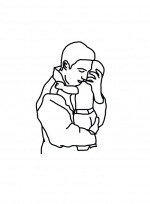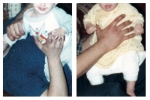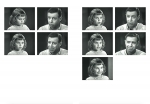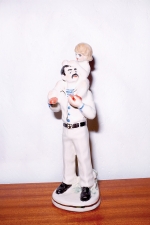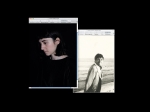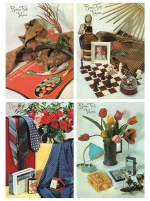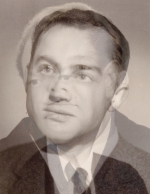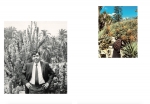Camille Lévêque (b. 1985, Paris) is a visual artist whose practice blends photography, collage, video and installation. She holds a BA in Fine Arts and Literature from Paris 8 University (FR) and a MA in Fine Arts from UCLA (USA). She worked as a reporter for the UNHCR in Armenia, and as an editorial assistant for Magnum Photos in Paris. She is the founder of LIVE WILD collective and the co-founder of publishing house ORPHEUS STANDING ALONE. Since 2014, she’s been experimenting with LIVE WILD on authorship, identity and anonymity using aliases; working under seven different names - her own and six others - she’s developed various bodies of work that question the importance of the artist's character in their practice and career. Lévêque is the recipient of several awards including the Spotlight Award (IR), Vence Award For Contemporary Photography (FR), Fotografia Europea Award (IT), Emerging Talents (IT), Debuts (PO), Prix Maison Blanche (FR). Her work (some of which is part of the collections of La Villa Noailles, FRAC île-de-France, Orestiadi Foundation and Tbilisi Photography & Multimedia Museum) is exhibited internationally in venues such as Mattaoio (IT), Aperture Gallery (US), Red Hook Labs (US), UNSEEN (NL), MOCA (UA), Fondazione Fabbri (IT) or Le 104 (FR).
An analysis in four chapters, In Search Of The Father represents five years of research around the father figure. What do our fathers, symbols of virility, strength, and stability represent? What about the oppressors, abusers, authoritarians? What is their role, and has that role changed in our modern societies? What about the single mothers, the same-sex parents, the stepfathers, the fathers-in-law? From the solemn Holy Father to an ongoing fight against patriarchy - who is this complex, idealized, provoked, respected character and how does he influence our identity?
Lévêque lays out questions while suggesting diverse interpretations through the use of satirical, tender, or off the wall images. No judgment is ventured, no interpretation is set, no answer is given. Sometimes troubling oppressor, sometimes reassuring protector, she shapes the different faces of the father, but also point out his absence.
Beyond the interest for the father figure in Psychology studies, her research reaches out to the representation of the father in commercials and movies or, in broader terms, in society and politics with the figure of Josef Stalin, also known as ‘the little father of the people’.
Blending a cheeky tone with an in-depth academical approach, she questions the impact of this paternal figure (as well as its absence) on us children, and particularly daughters. In this thorough research she neither condemns nor praises this figure she wonder so much about. Instead, and for the first time in her practice, she incorporates direct input from others, under the form of interviews, leaving the personal investigation to take the form of a survey. The universal matter of family could not have been discussed by her voice only. Don’t we all have or lack a father?
Leveque talked to fathers about the purpose of fatherhood, to sons and daughters about their relationships to their father, to a catholic priest about the paradox of being both a father and son while being childless, to sex-workers about patriarchy and slut-shaming, and to other women named Camille Lévêque about the inherent link between one’s name and their identity.

